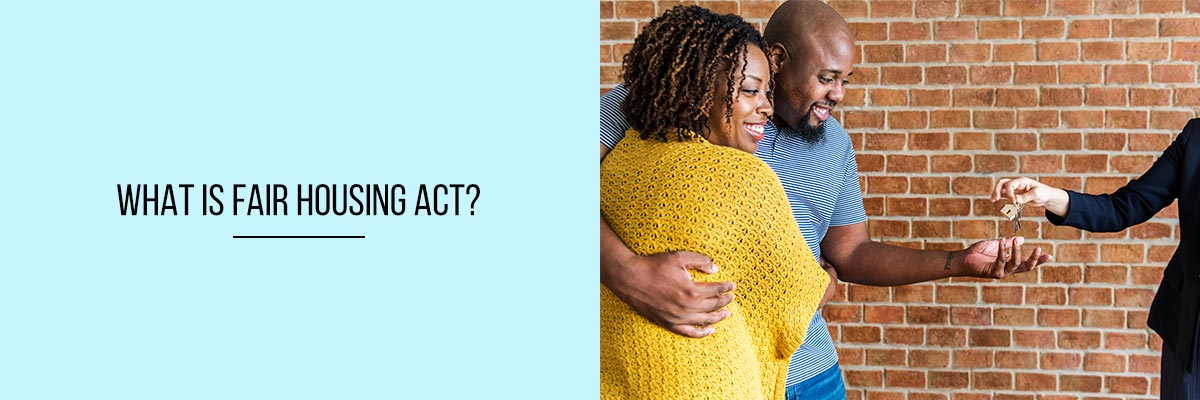The Fair Housing Act was established and enacted by the U.S. Department of Housing and Urban Development (HUD) in 1968. Since then, this Act has been updated several times.
This Act was established to prohibit landlords, housing agencies, real estate companies, housing lenders, financial institutions, banks, and insurance companies to practice discrimination while making houses and properties available for sale or rent.
Under Fair Housing Act and Equal Credit Opportunity Act, both introduced by HUD, anyone with any race, color, religion, sex, family status, national origin, and disability can apply to rent, buy or mortgage the house or property of their choice. Denial based on any of these aspects is unlawful and tenants or potential home buyers can file a discrimination suit under these laws.
Discrimination has been common across the United States. Therefore, the Fair Housing Act has been introduced to avoid it, and Fair Housing programs are there to help people familiarize themselves with their rights.
Here is a list of discriminations that are prohibited under the Fair Housing Act (FHA).
1. Color and Race
When FHA was enacted in 1968, the core reason was to prohibit race and color discrimination among societies while selling or renting homes and properties. Although years later, the discrimination still continues and housing agencies are rejecting applicants based on their color and race, thanks to the enhancement of FHA laws, now it’s possible to sue the agencies and landlords if denial is based on such reasons. However, housing agencies do not directly discriminate and come up with other reasons to deny by providing false information.
In case discrimination is suspected, you can file a suit. If found guilty under the FHA, they would be held accountable for their actions and punished as per FHA consequences.
2. Religion
A common reason for communities and landlords denying tenants or selling properties has been religion. FHA prohibits discrimination in housing based on someone’s religion. This includes overt discrimination against a particular religion or indirect actions taken to limit using homes or properties for worship.
3. Origin
Origin-based discriminations are not uncommon either. People are discriminated against based on their origin or background. Such discriminations are unlawful under FHA and strictly punishable. Actions have been taken by Justice departments against acts to limit families of different origins that may live in their communities.
Conclusion
Other discriminatory actions that are prohibited under FHA are discrimination based on disability, age groups, and gender of people. FHA, in general, protects you from all sorts of discrimination and allows you to claim your legal rights while renting or buying a home.


